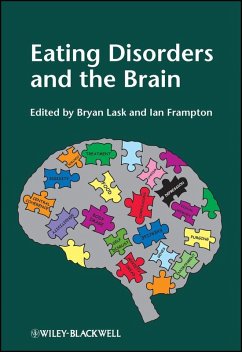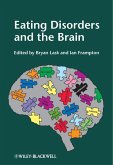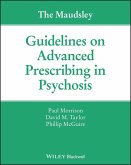Why is the brain important in eating disorders? This ground-breaking new book describes how increasingly sophisticated neuroscientific approaches are revealing much about the role of the brain in eating disorders. Even more importantly, it discusses how underlying brain abnormalities and dysfunction may contribute to the development and help in the treatment of these serious disorders. * Neuropsychological studies show impairments in specific cognitive functions, especially executive and visuo-spatial skills. * Neuroimaging studies show structural and functional abnormalities, including cortical atrophy and neural circuit abnormalities, the latter appearing to be playing a major part in the development of anorexia nervosa. * Neurochemistry studies show dysregulation within neurotransmitter systems, with effects upon the modulation of feeding, mood, anxiety, neuroendocrine control, metabolic rate, sympathetic tone and temperature. The first chapter, by an eating disorders clinician, explains the importance of a neuroscience perspective for clinicians. This is followed by an overview of the common eating disorders, then chapters on what we know of them from studies of neuroimaging, neuropsychology and neurochemistry. The mysterious phenomenon of body image disturbance is then described and explained from a neuroscience perspective. The next two chapters focus on neuroscience models of eating disorders, the first offering an overview and the second a new and comprehensive explanatory model of anorexia nervosa. The following two chapters offer a clinical perspective, with attention on the implications of a neuroscience perspective for patients and their families, the second providing details of clinical applications of neuroscience understanding. The final chapter looks to the future. This book succinctly reviews current knowledge about all these aspects of eating disorder neuroscience and explores the implications for treatment. It will be of great interest to all clinicians (psychiatrists, psychologists, nurses, dieticians, paediatricians, physicians, physiotherapists) working in eating disorders, as well as to neuroscience researchers.
Dieser Download kann aus rechtlichen Gründen nur mit Rechnungsadresse in A, B, BG, CY, CZ, D, DK, EW, E, FIN, F, GR, HR, H, IRL, I, LT, L, LR, M, NL, PL, P, R, S, SLO, SK ausgeliefert werden.









